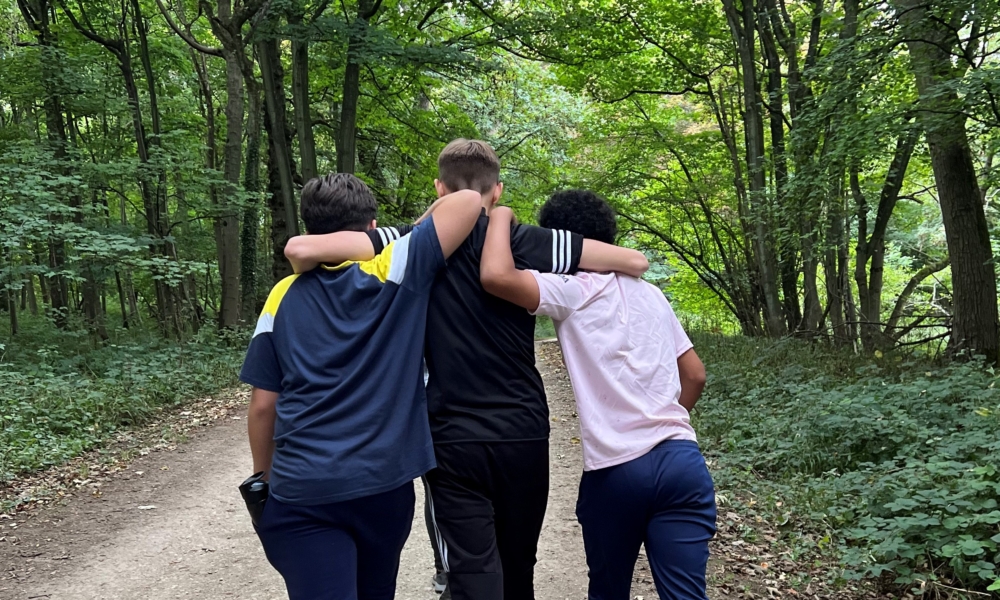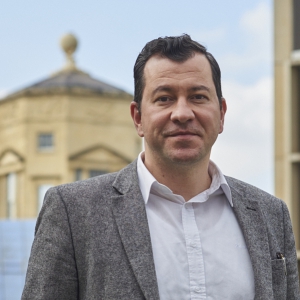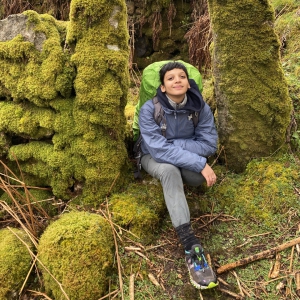Is “nature” a policy solution to mental health in schools?
This Sprint ran for 13 months from July 2024 to August 2025.
More Sprints
- How can action on deforestation strengthen the UK’s food system security and resilience?
- How can the UK improve flood resilience in the Thames Estuary?
- How can we prevent childhood sexual abuse in climate disasters?

Schools are dealing with a mental health crisis in young people. Some are experimenting with Nature-based Programmes to support the mental health and wellbeing of their students. But how robust is the evidence that these programmes have a positive impact?
Rethinking education includes designing curricular and school-based programmes that benefit the mental health and well-being of students and teachers alongside achieving environmental goals (DfE, 2023).
Policy driven implementation of Nature-based Programmes for mental health and wellbeing may forge ahead of robust evidence for their efficacy.
The aim of this Sprint was to provide evidence to support or challenge the value of Nature-based Programmes for mental health and wellbeing in young people, delivered through schools.
Our multi-disciplinary approach included a team of researchers from Oxford’s Departments of Psychiatry, Geography, Primary Care, Education, the Oxford Botanic Gardens and Arboretum (OBGA), and Gardens, Libraries & Museums (GLAM), who worked collaboratively with UK Department for Education partners.
We looked at Nature-based Programmes in the school curriculum and in the whole school setting. Researchers worked alongside community and youth groups, including the NeurOx Young People’s Advisory Group, the Cherwell School Young Ecologist Group, and The Oxfordshire Schools Sustainability Network. We used Deliberative Policy Analysis methods and highlighted social and political implications of Nature-based Programmes.
We shaped policy knowledge and developed insights from deliberative stakeholder forums into a policy brief for Nature-based Programmes for mental health and wellbeing in schools. We also catalysed the design of innovative local school educational policies to support eventual implementation pathways for evidenced Nature-based Programmes to support mental health and wellbeing in UK schools.
Why this sprint? Why now?
A mental health crisis is growing among UK young people, especially after the Covid-19 pandemic. The 2023 Mental Health of Children and Young People in England survey found that 20% of UK children and young people aged 8-25 are likely to face mental health challenges.
Schools are a primary resource for mental health support for young people. Policy aimed at Nature-based Programmes for mental health and wellbeing supported by robust evidence will contribute towards national efforts to prevent mental health challenges from getting worse and reduce NHS mental health waiting lists. In addition, this project may also inform evidence-based strategies for the UK government’s strategy of ‘green prescribing’.
Our project is strategically aligned with the Sustainability and Climate Change Strategy for the Education and Children’s Services Systems, potentially enhancing initiatives such as the National Education Nature Park, and support for sustainability leadership and Climate Action.





















